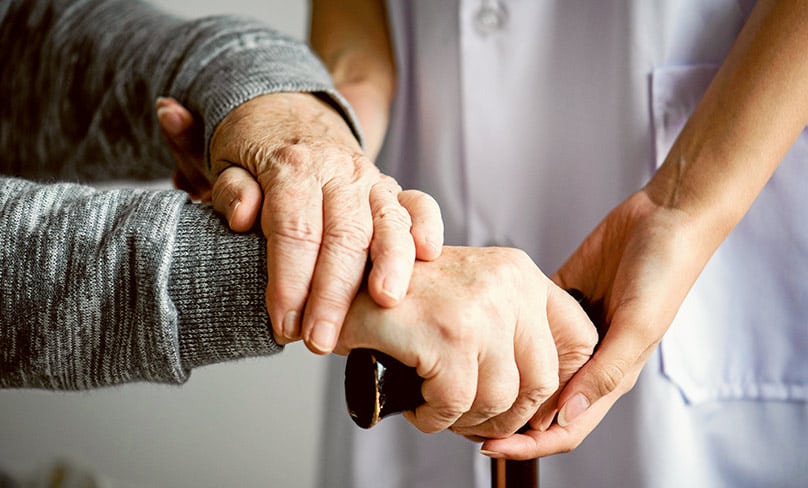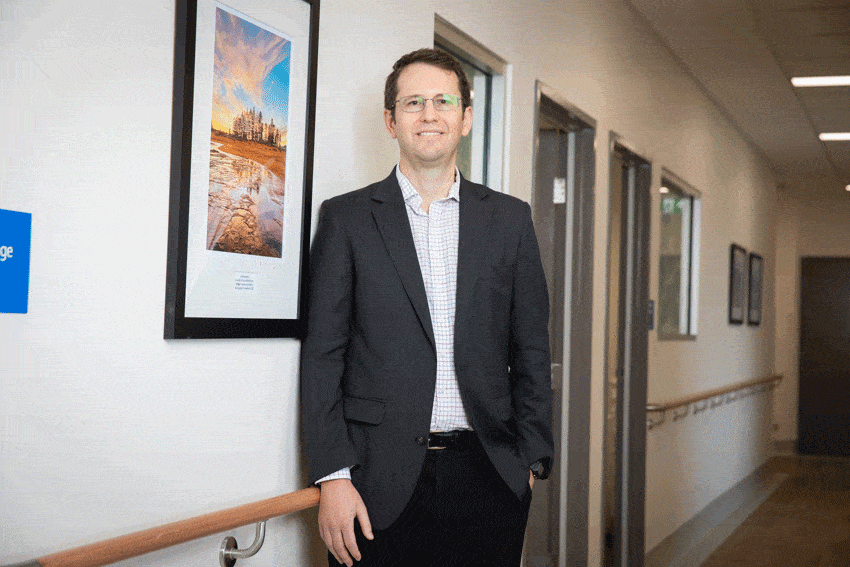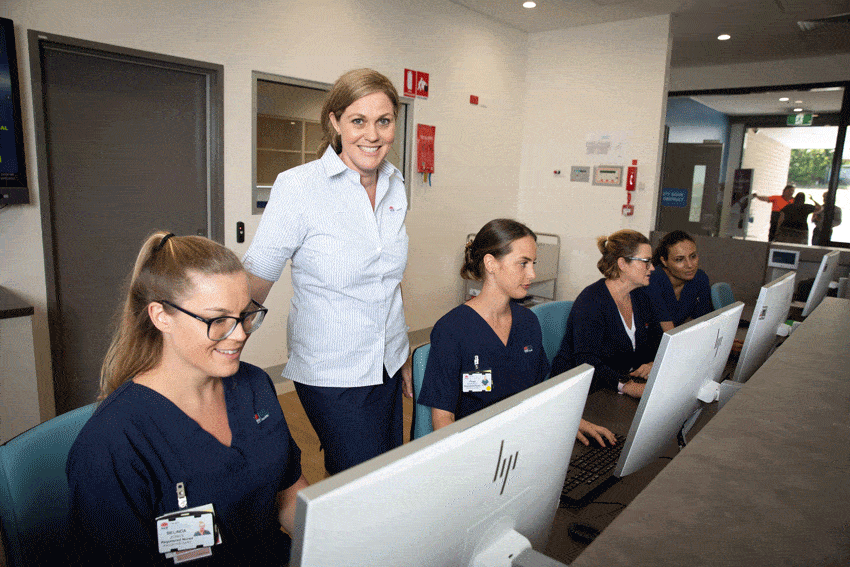
Many don’t understand palliative care and miss out on the huge benefits it provides, says specialist
Many people with a life-limiting illness are put off by the thought of being referred to palliative care because they think it means they are about to die or that it will hasten a premature death.
These are the two most common misconceptions that Dr Peter Roach finds in his practice as a palliative care specialist.
“it’s never too early for a person living with a life-threatening degenerative or terminal illness to consider getting support form palliative care and that includes their faith community.”
On the contrary, he says palliative care should be considered as early as possible and is aimed at giving patients and their families not only more time but better time, whether that means days, weeks, months or longer. While it can be hard to define, he says the World Health Organisation’s definition is most useful.
That definition says palliative care is “an approach which improves the quality of life of patients and their families facing life-threatening illness, through the prevention and relief of suffering by means of early identification and impeccable assessment and treatment of pain and other problems, physical, psychosocial and spiritual”.
“So we’re about supporting them in a very holistic way,” Dr Roach said. “A lot of people think that palliative care is terminal care that it’s right at the end of life but really it is a lot more than that. “It’s ideally done earlier, then we can form relationships with people which is a great benefit, and people can be on quite active treatment when they are linked to palliative care.”

Dr Roach works at Sydney’s newest specialist palliative unit which opened in Mona Vale on Sydney’s northern beaches in February. He cites a seminal study on early palliative care intervention, published in the New England Journal of Medicine in 2010.
That study showed that cancer patients who received oncology treatment and were additionally provided with palliative care had less depression and pain, improved quality of life, lived longer and needed less aggressive treatments at the end of their life, compared with patients given oncology treatment alone.
“The palliative care way is that we will be there with you in your treatment, we’ll be with you if you’re not on treatment and will work very hard to address every symptom impeccably,” Dr Roach said. “The other very common misconception I face, is that [some assume] I’m quietly euthanising people, that we’ll just dial up the drugs or something like that to shorten people’s time.
“But I think we all go into palliative care because we all view the time as really precious time. It’s not that we seek to prolong the time artificially but we certainly won’t shorten the time either. And we have very good evidence that the treatments we use in the way we use them do not shorten people’s time.”
The Mona Vale nurse unit manager Jody Watson said it had received “incredible support” from the community on the northern beaches, which previously had no inpatient palliative care unit.

“We’ve only been open for six months but have had lots of beautiful letters of thanks from past patients, and from their families,” she said. A “huge asset” of a specialist palliative care unit is having access not only to doctors and staff with experience including aged care and oncology but allied professionals such as physiotherapists, occupational therapists, dieticians, speech pathologists and social workers, along with pastoral support workers and a multi-faith chapel she added. “It ensures we’re covering all aspects of our patients’ needs, not only the nursing side,” she said.
Denis O’Brien is a pastoral care practitioner for CatholicCare in the Diocese of Broken Bay and a regular visitor to the Mona Vale unit. He agrees that it’s never too early for a person with a life-limiting, degenerative or terminal illness to consider getting support from palliative care and that includes their faith community.
“In our Catholic community it is important to know, especially in regard to palliative care patients, that we have a hospital chaplaincy and pastoral care team available to assist patients in many ways spiritually, which includes support to families and carers of patients,” he wrote recently.
“Priests, pastoral care practitioners and volunteer extraordinary ministers of Holy Communion are ready to administer the sacraments of the Church to patients and request that calls to attend are made as early as possible when palliative care begins.
“Receiving the Sacraments can be a very much richer experience for the patient and others engaged with their care, especially loving family members.”
He said that palliative care prepares patients and their loved ones to live with a diagnosed terminal, chronic, or degenerative illness, and is also a time for a planned spiritual focus for the path ahead for everyone involved. “For our faithful community our spiritual journey can be very supportive at this time.”
Related:
